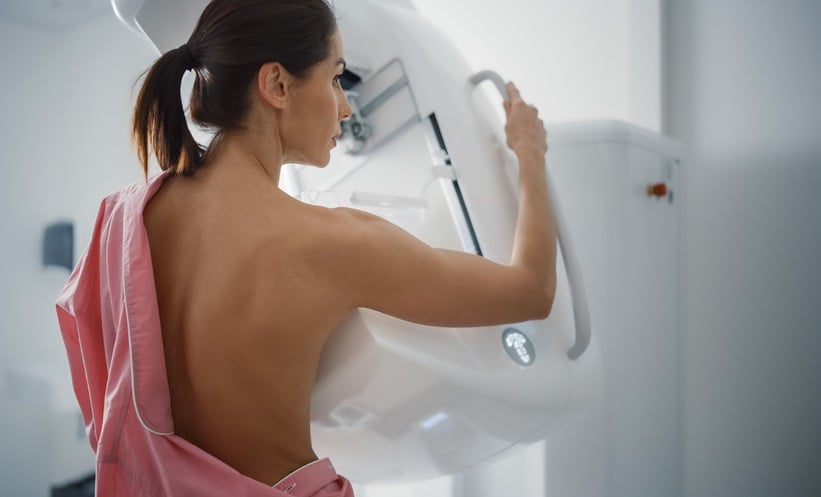PATIENTS diagnosed with advanced breast cancer are significantly more likely to have pre-existing cardiovascular disease (CVD), highlighting the potential link between CVD and delayed cancer detection. Cardiovascular disease and cancer are the leading causes of mortality, with emerging evidence suggesting that CVD may directly accelerate tumour progression, particularly in breast cancer. A recent study aimed to evaluate whether individuals presenting with advanced breast cancer were more likely to have prevalent CVD compared to those diagnosed with early-stage disease. Understanding this relationship could help refine screening strategies and improve outcomes.
This case-control study analysed data from 19,292 women aged 66 years and older diagnosed with invasive breast cancer, drawn from the SEER-Medicare database between 2009 and 2020. Patients were matched by cancer stage at diagnosis and propensity scores to control for factors linked to delayed cancer diagnosis. Of the cohort, 49.1% had prevalent CVD, and 50.9% did not. Among those with locally advanced or metastatic breast cancer, the odds of having pre-existing CVD were significantly higher (odds ratio [OR], 1.10; 95%, CI 1.03–1.17; p = .007). This association was strongest in hormone receptor-positive breast cancer (OR, 1.11; 95% CI, 1.03–1.19; p = 0.006), whereas hormone receptor-negative subtypes showed no significant link. Separate analyses for locally advanced (OR, 1.09; 95% CI, 1.02–1.17; p = 0.02) and metastatic (OR, 1.20; 95% CI 0.94–1.54; p = 0.15) disease demonstrated consistent trends, although statistical significance was not reached for metastatic cases.
These findings suggest a strong association between pre-existing CVD and advanced breast cancer at diagnosis, particularly in hormone receptor-positive subtypes. This underscores the importance of integrating cardiovascular assessments into cancer screening programmes, particularly for at-risk populations. Clinicians should remain vigilant about the potential impact of cardiovascular health on cancer progression and consider personalised screening protocols to enhance early detection. Future research should focus on confirming these findings, exploring the mechanisms linking CVD and cancer progression, and developing interventions to optimise patient outcomes.
Abigail Craig, EMJ
Reference
Angelov I et al. Cardiovascular Disease and Breast Cancer Stage at Diagnosis. JAMA Netw Open. 2025;8(1):e2452890.








